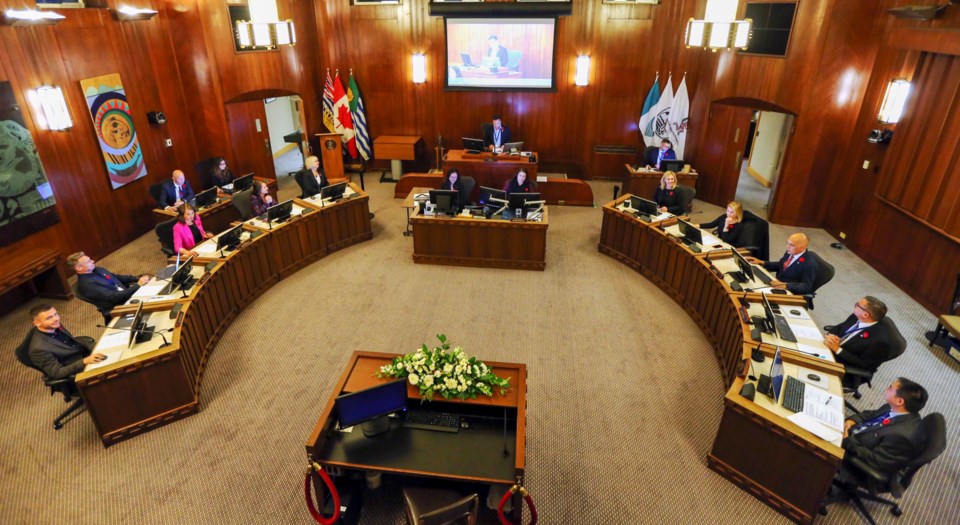“The long council meetings are painful, but evidently they're not as painful as they were last administration.”
That was Mayor Ken Sim’s response earlier this month when Glacier Media asked him about his toughest day on the job since being inaugurated in November 2022.
To bring some context to that quote, Glacier Media contacted the city’s communications department to understand how many hours and days Sim and the 10 councillors spent in meetings between Nov. 7, 2022 and Nov. 15, 2023.
The short answer: considerably less than the previous council.
Data collected by the city clerk’s office shows the current council spent 339 hours, 46 minutes and 48 seconds in meetings. Number of days totalled 102.
The meeting types included council, special council, standing committee, public hearings, in-camera and business licence hearings.
The hours don't include time Sim and councillors spent at regional (Metro Vancouver, TransLink), provincial (Union of BC Municipalities) or federal meetings (Federation of Canadian Municipalities).
The 339 hours logged by the current council will obviously increase before year end, with budget discussions to come next month.
Even so, this council won’t likely be breaking any records for time spent in meetings.
549.5 hours logged by council in 2020
The previous council, which was led by then-mayor Kennedy Stewart from 2018 to 2022, recorded 474.3 hours and 153 days in meetings in its last year before the Oct. 15, 2022 election.
Which seems like a lot, but it was actually fewer than the 549.5 hours logged in 2020 and the 498.5 in 2019.
Reasons for those long hours include running a government during the early days of the pandemic and the fact no party represented at city hall held a majority — unlike the current complement of politicians, eight of whom are members of ABC Vancouver.
City hall watchers also saw the NPA implode in the previous term, with all but four of its councillors leave the party.
Stewart, who served as an independent mayor, was also challenged to move policy by majority vote.
Some of the issues, too, triggered many speakers — hundreds in some cases — to call in or visit the council chamber, where everyone was wearing masks and councillors were behind plexiglass; the call-in option was new because of concerns related to COVID-19.
“Dysfunctional” was a term used by Stewart and some of the other councillors during their term to describe why meetings ran long, often involving amendments to the amendment to the amendment.
That version of council was often pilloried on social media for that dysfunction.
For some more historical perspective, the Vision Â鶹´«Ã½Ó³»administration of Gregor Robertson spent 101 days and 334.5 hours in their last full year in office in 2017.
The hours logged by Vision and ABC Â鶹´«Ã½Ó³»suggest majority governments spend less time in the council chamber.
Is that a good thing?
Glacier Media emailed some of the current councillors who served on the Stewart council to find out.
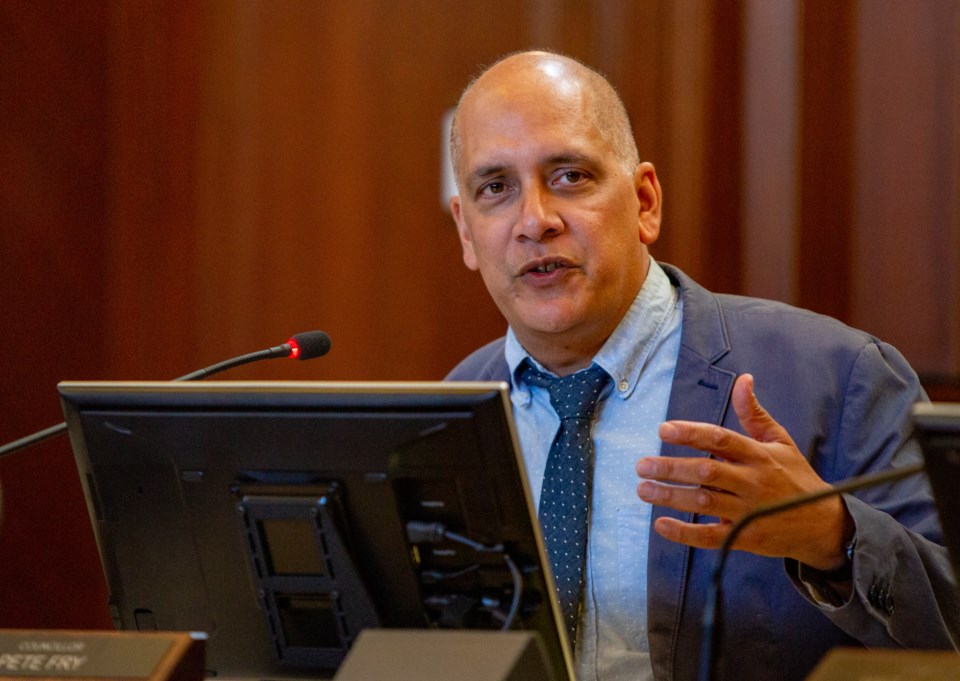
Green Party Coun. Pete Fry
Green Party Coun. Pete Fry: “Certainly the power of a super majority actively limits the time for discussion and debate by pushing through their agenda. They also reduced the time for speakers to council reports and eliminated questions of speakers. I would further add that it seems to me we have seen a significant reduction in the number of items we hear at public hearing.
“I expect this is a function of economic downturn as much as anything, but we have yet to have a big controversial public hearing in this term.
“I would suggest that some of the extra meeting time spent in last term also resulted from the number of ‘activist motions’ that we saw, that brought an extraordinary number of speakers as part of organized campaigns — coupled with the newfound and relative ease of speaking to council virtually introduced over COVID.”
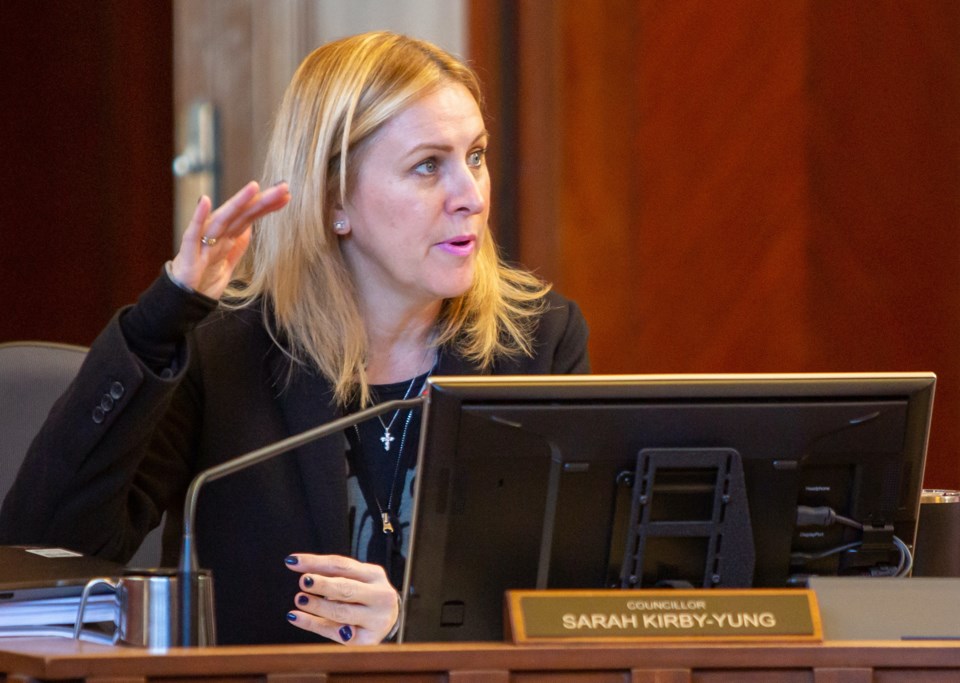
ABC Â鶹´«Ã½Ó³»Coun. Sarah Kirby-Yung
ABC Â鶹´«Ã½Ó³»Coun. Sarah Kirby-Yung: “The number of hours and days spent in chambers skyrocketed under the last council. Council became notorious for endless meetings and amendments. The result of having such a disparate council was split, changing or watered down decisions, and a lack of clear direction to staff to move things forward.
“I believe that paralysis was one contributor to the landslide election results, and to Â鶹´«Ã½Ó³»choosing a majority council that can get things done. And that is exactly what we’re focused on doing.
“There’s also a lot of work that needs to be done outside the council chambers. Reading and research, representing Vancouver’s voice on other boards and to senior governments, and getting out in community to hear directly from residents, local businesses and community organizations what they think about issues and what they’re concerned about.
“You can’t do that to its best when you’re stuck in council chambers 12 hours a day. At the end of the day, council will be assessed by what we get done, not how many hours we spend in meetings.”
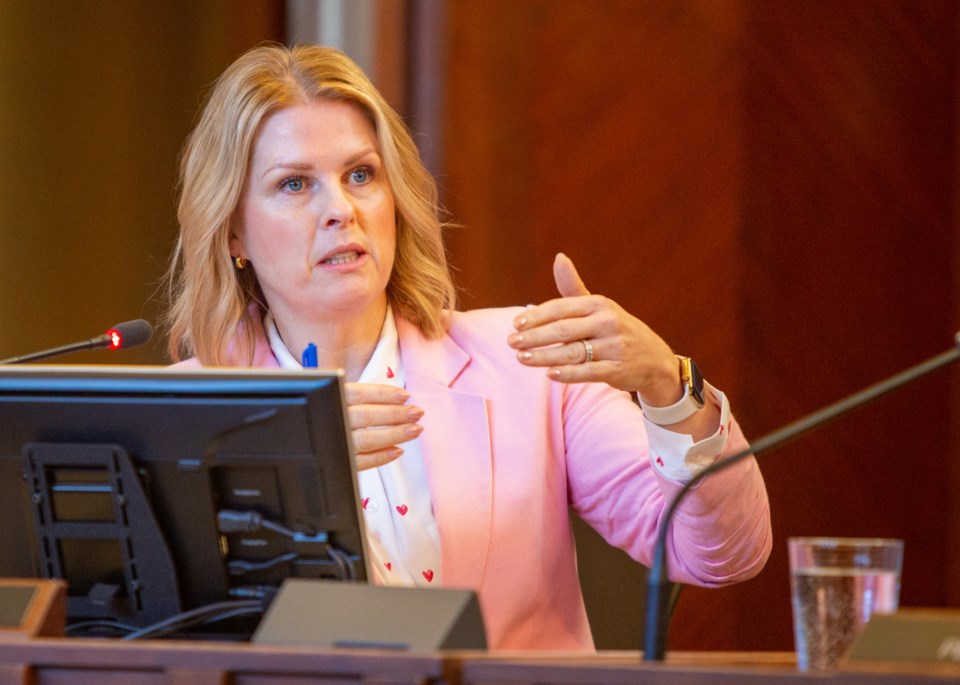
ABC Â鶹´«Ã½Ó³»Coun. Rebecca Bligh
ABC Â鶹´«Ã½Ó³»Coun. Rebecca Bligh: “The increased efficiency of our council meetings has allowed many of us to spend more time engaging with residents, small businesses and community organizations. This hands-on approach allows us to better understand and address the unique needs of our constituents.
“In addition to spending more time in the community, we have also been able to focus more on advocating to senior levels of government on behalf of Vancouverites. I look forward to continuing to serve the needs of Vancouverites efficiently and effectively.”
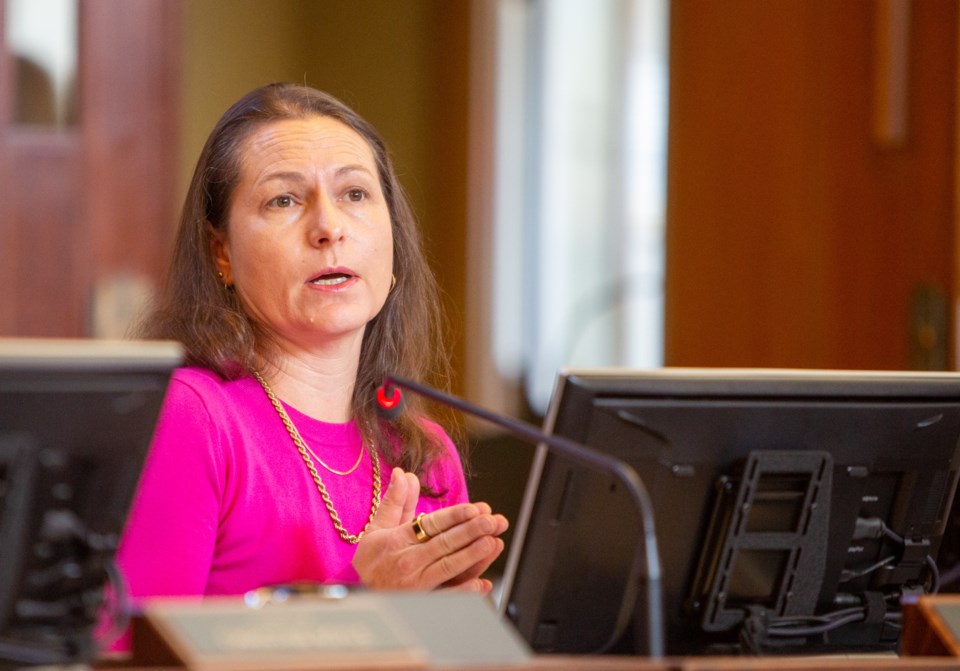
ABC Â鶹´«Ã½Ó³»Coun. Lisa Dominato
ABC Â鶹´«Ã½Ó³»Coun. Lisa Dominato: “By far, most of my time is spent engaging with residents, small businesses and community organizations. Having a more efficient council this term has allowed me to work more closely with residents, action solutions and advocate provincially and nationally for Â鶹´«Ã½Ó³»priorities.”
